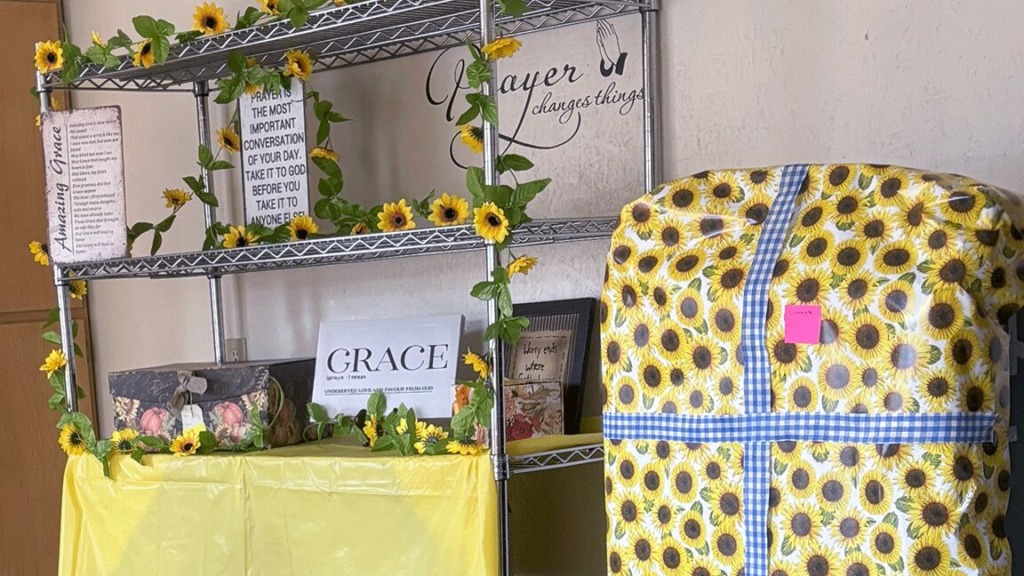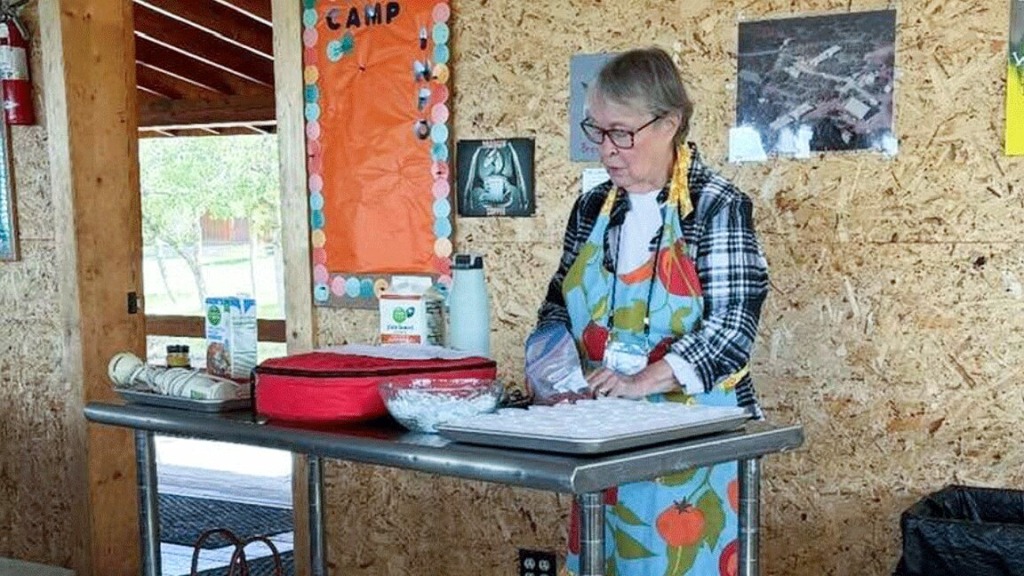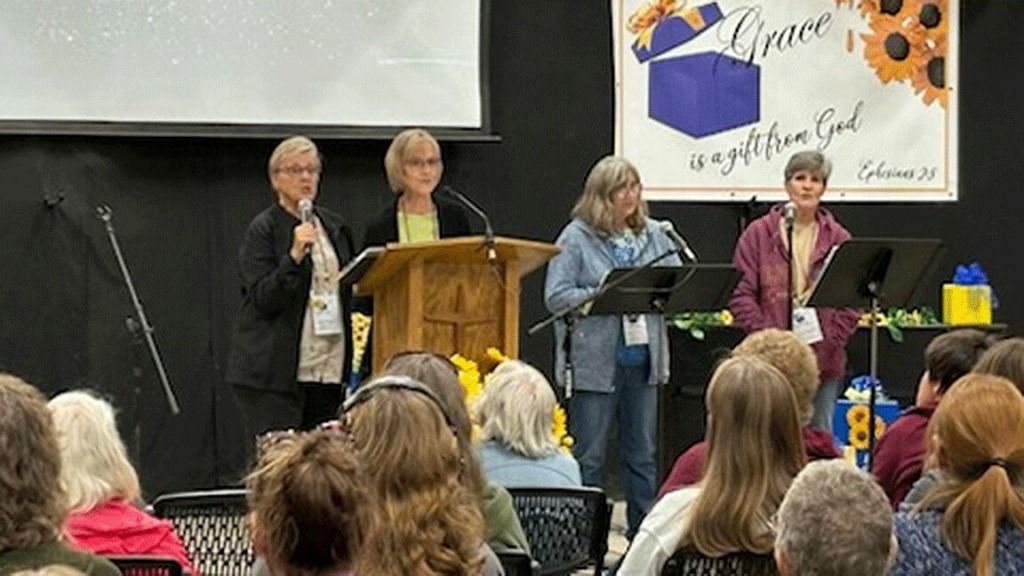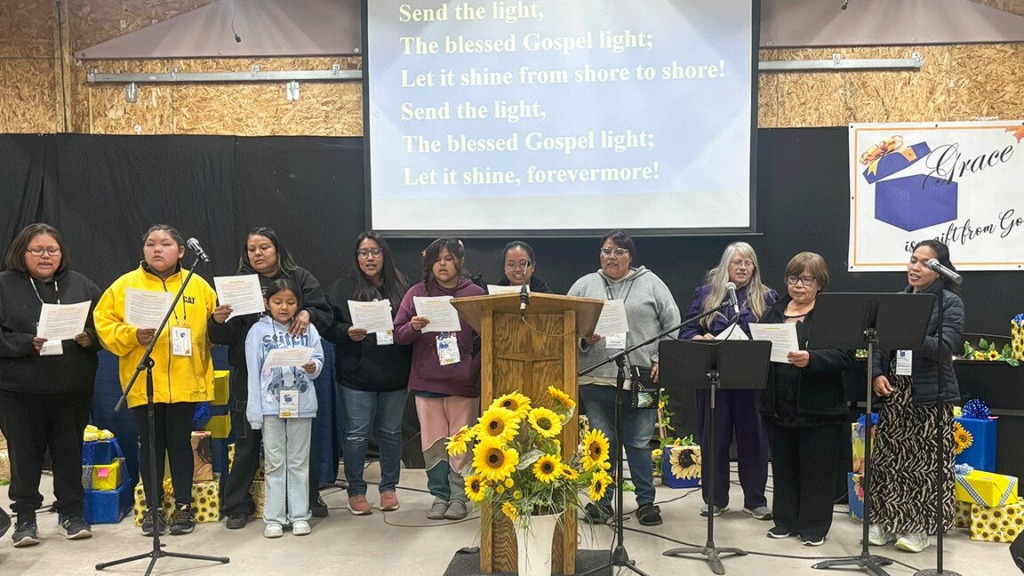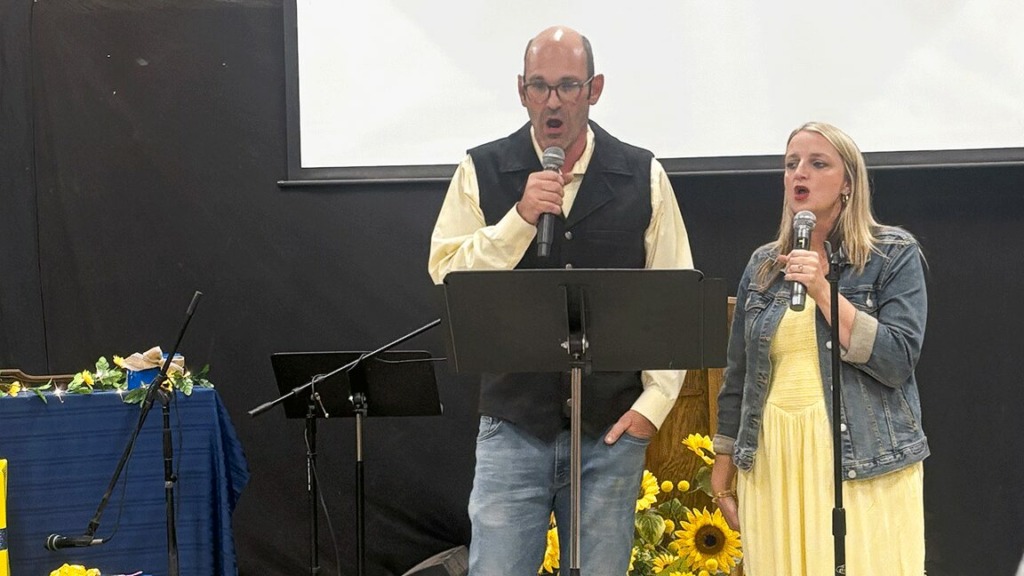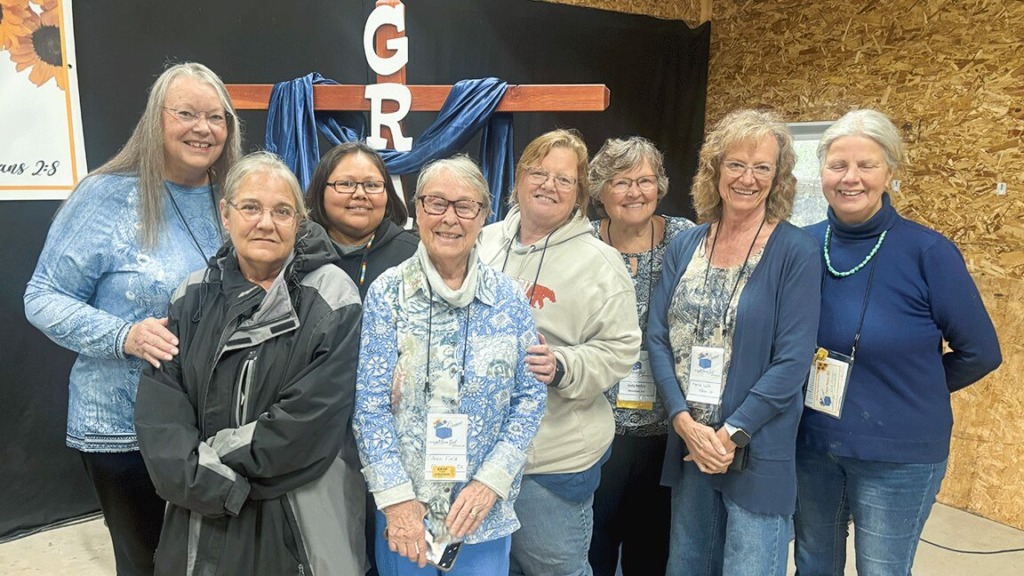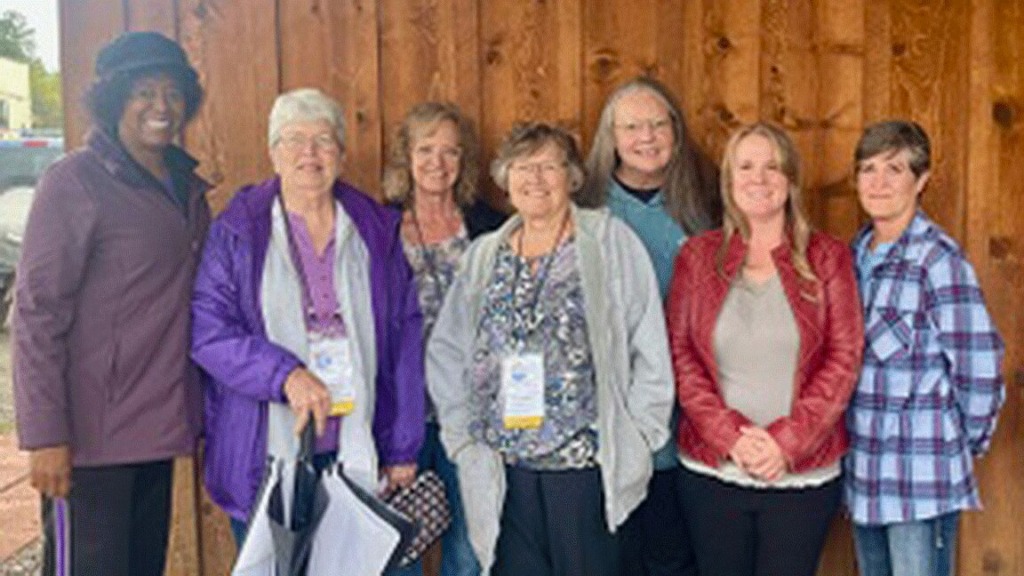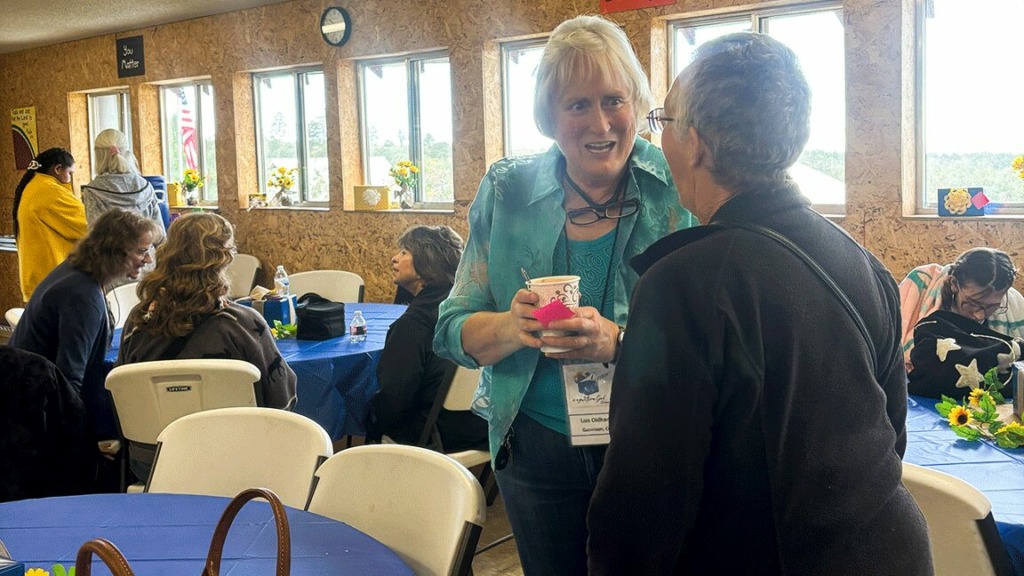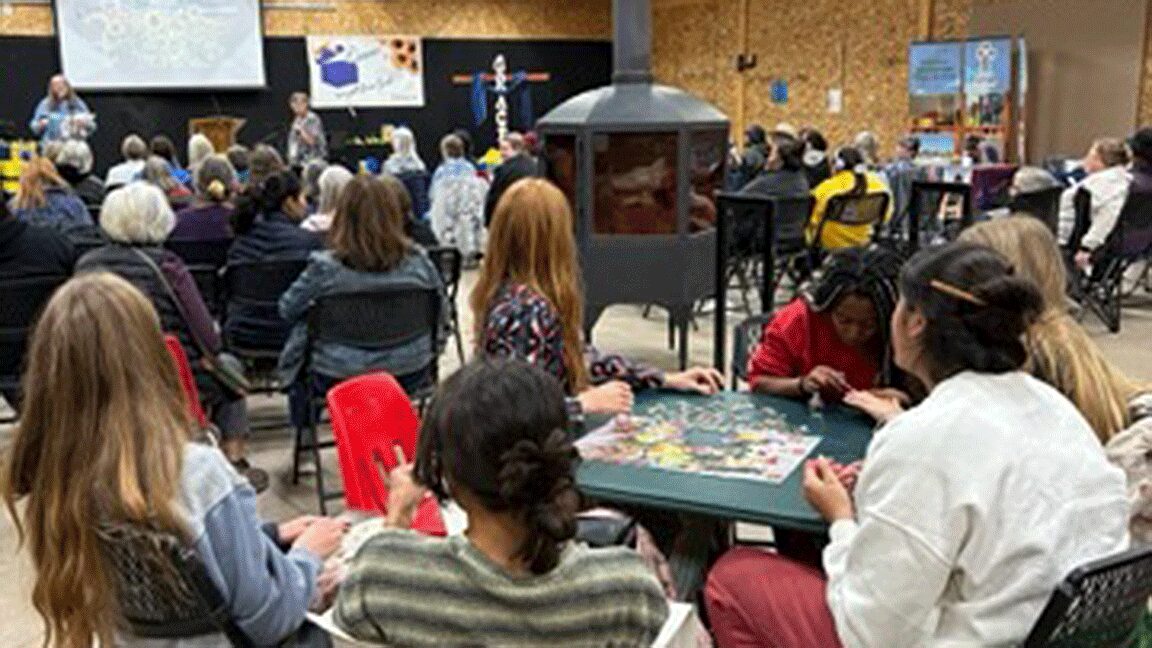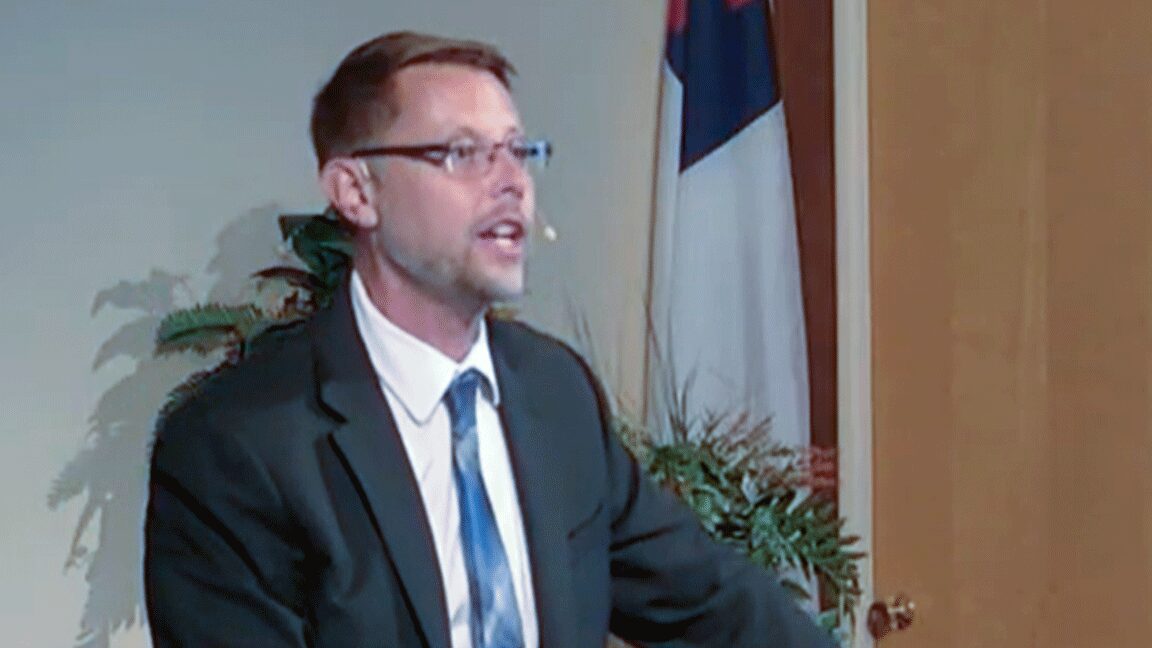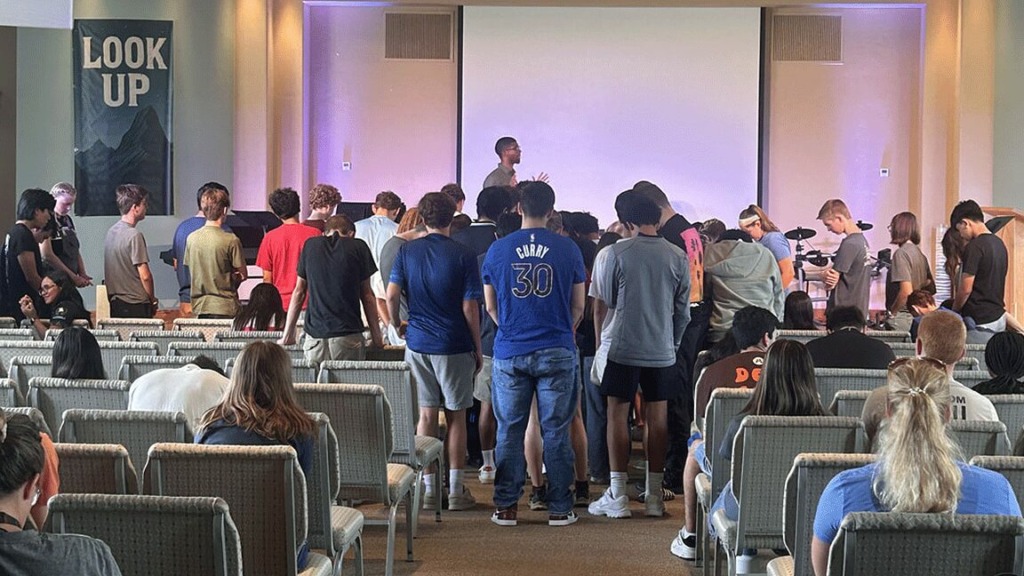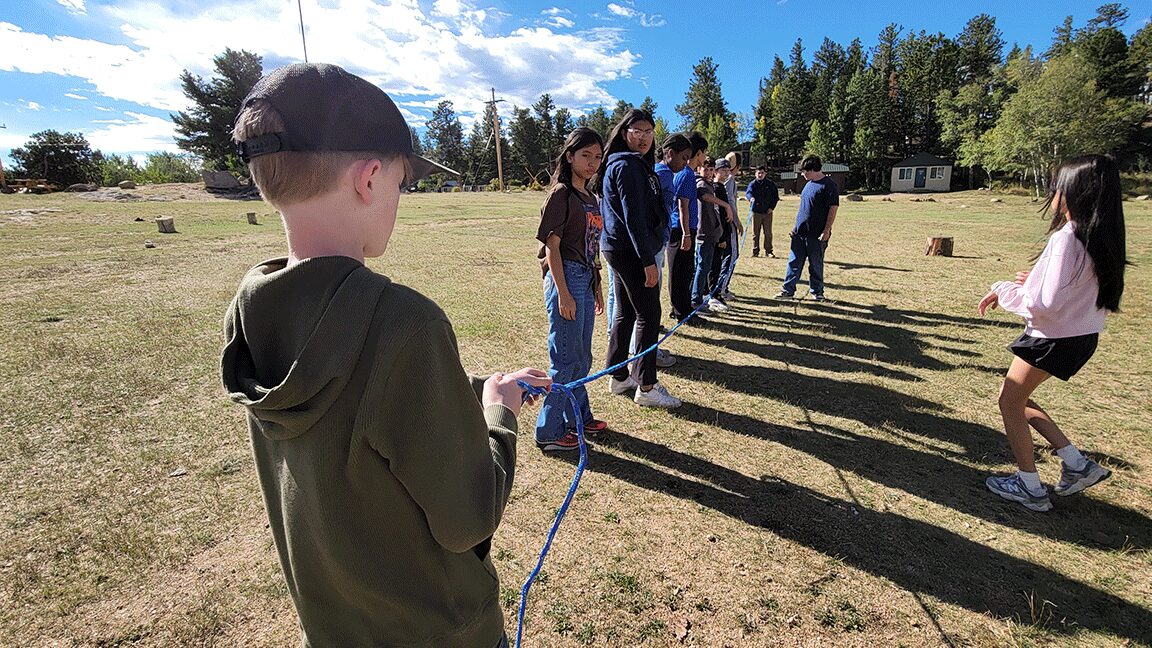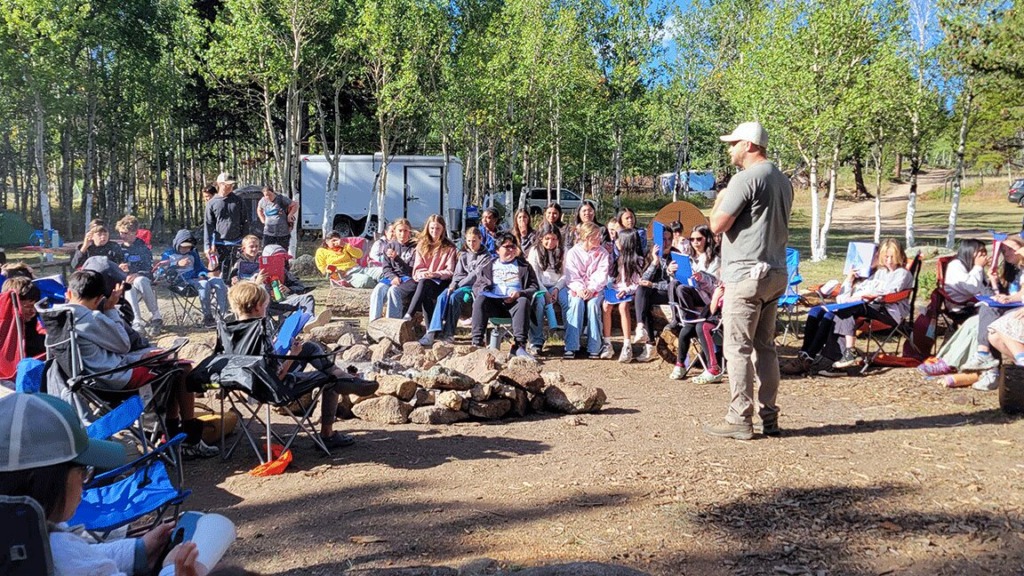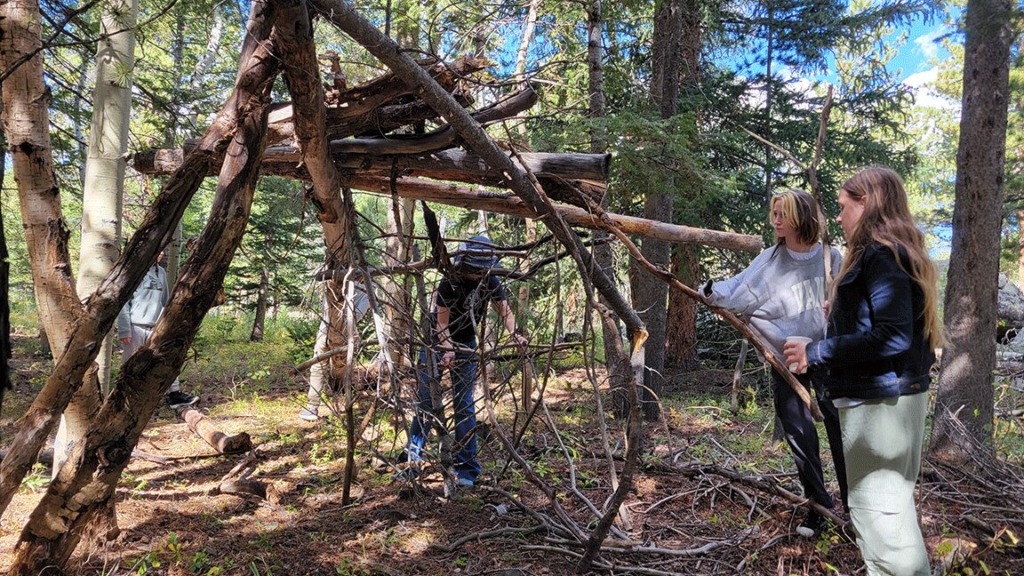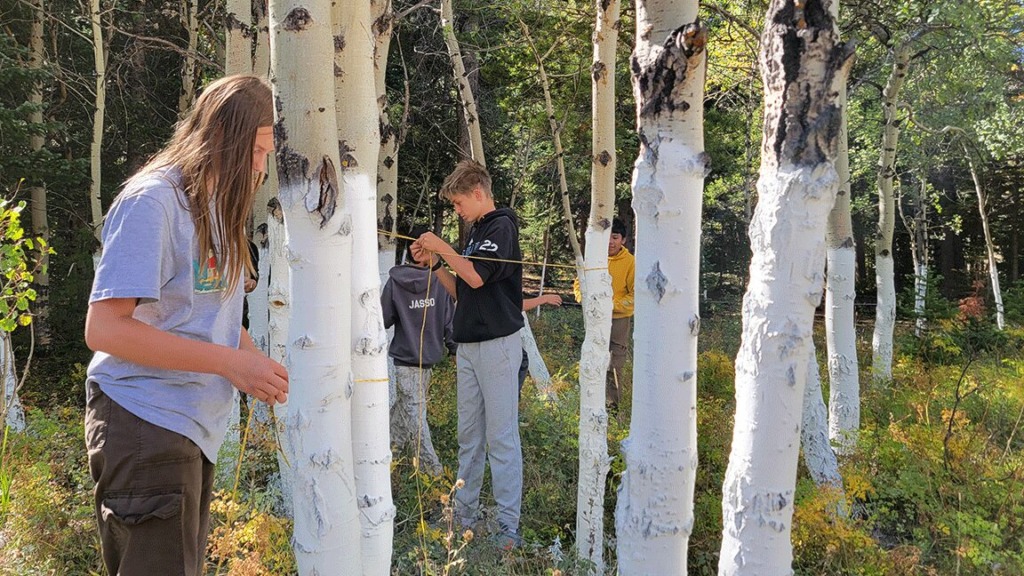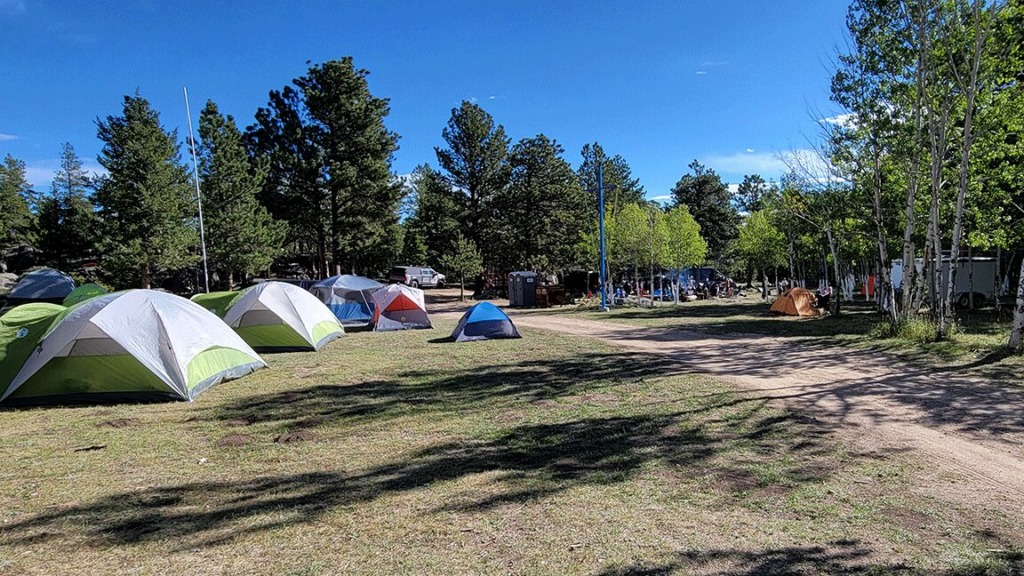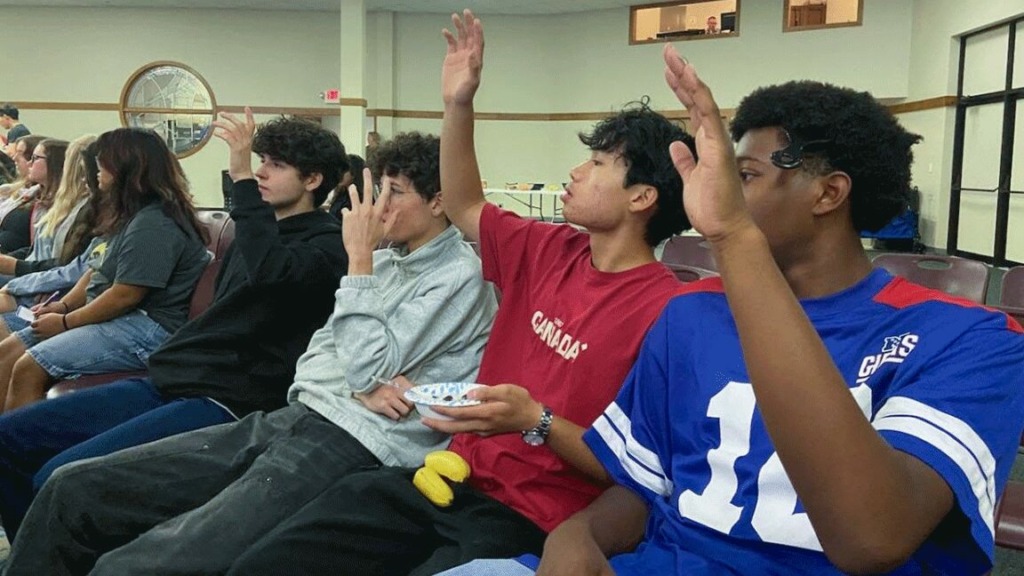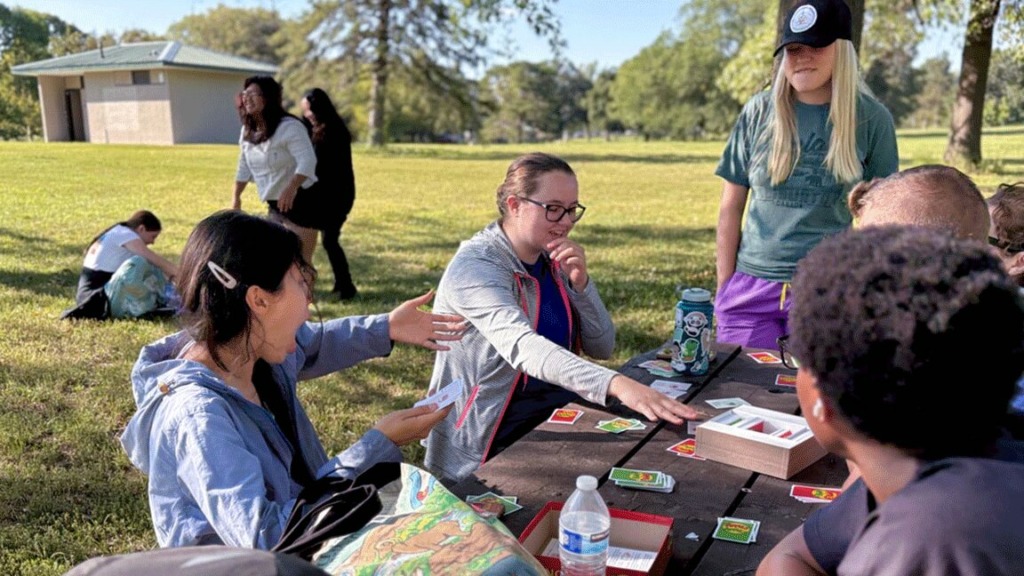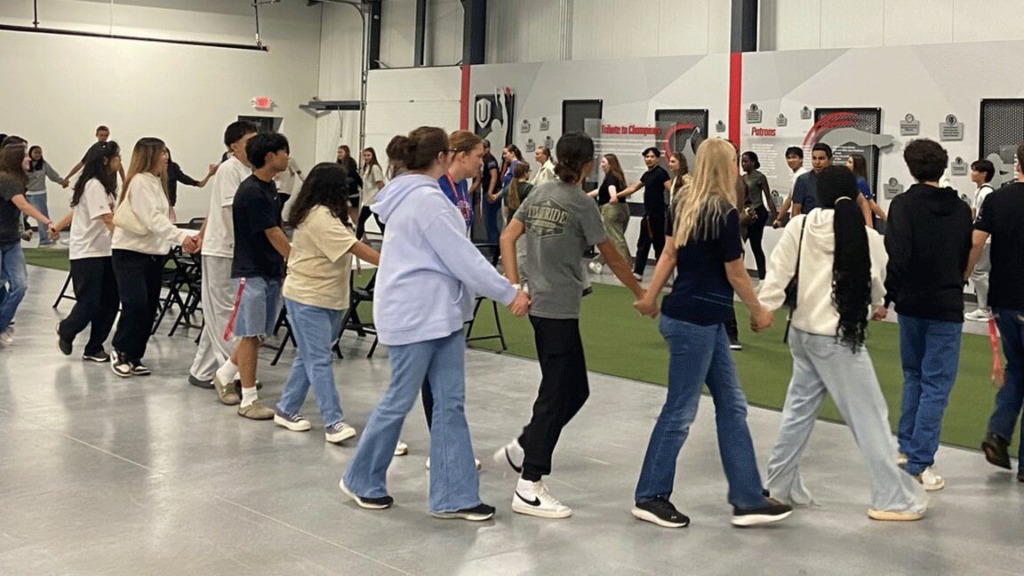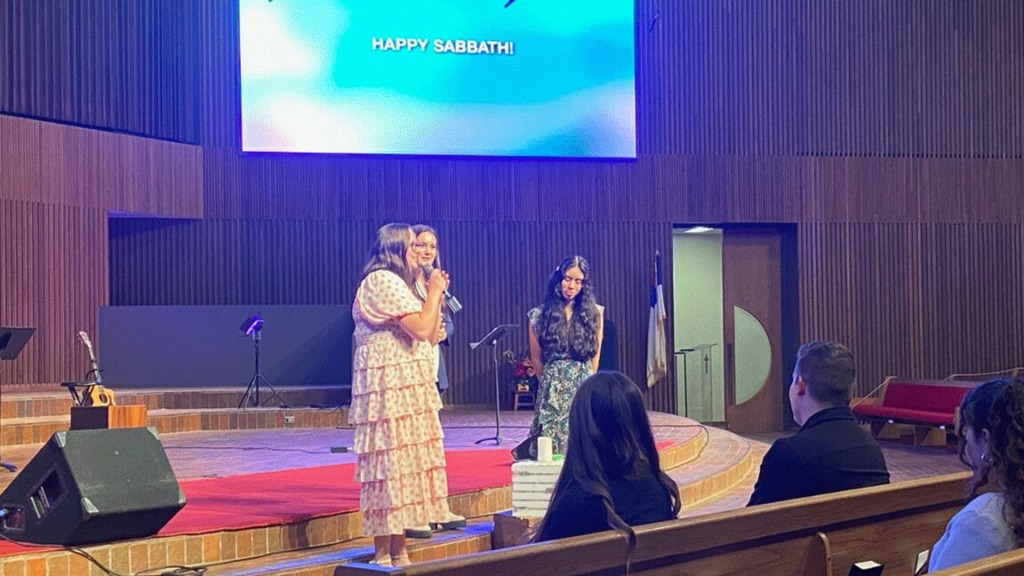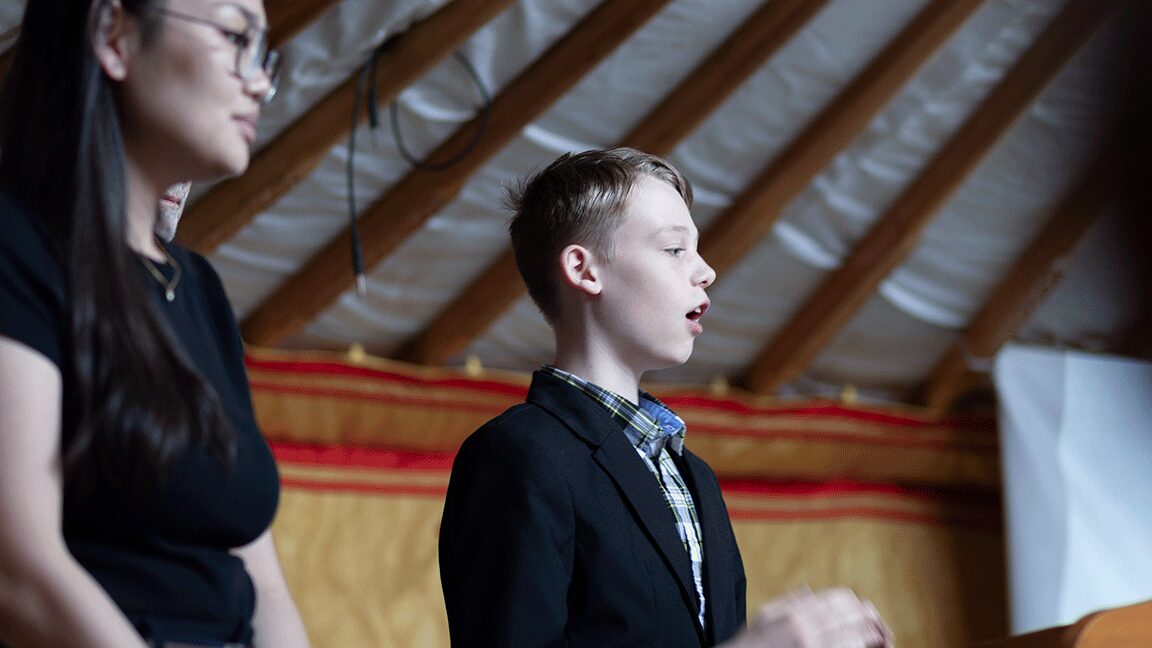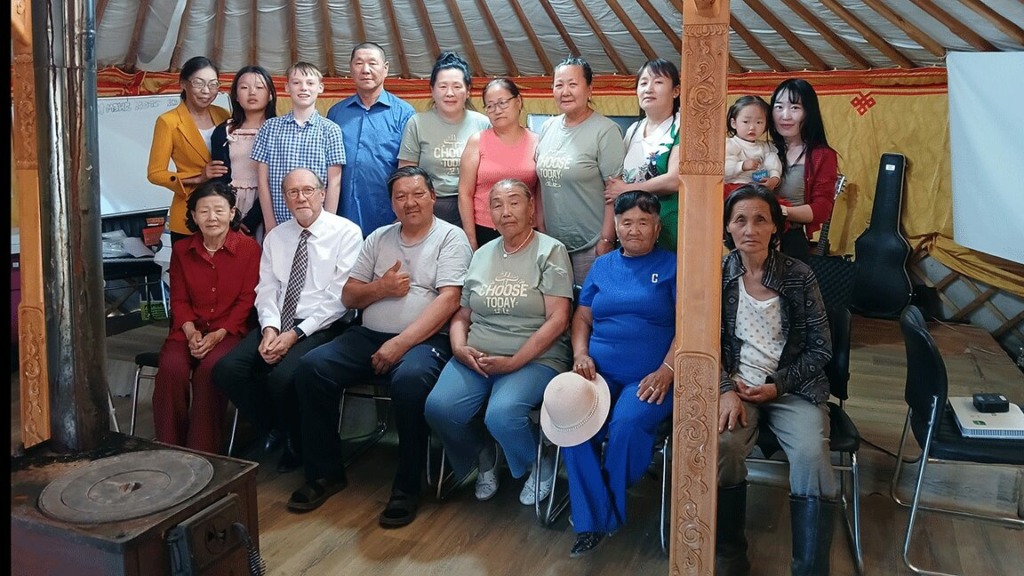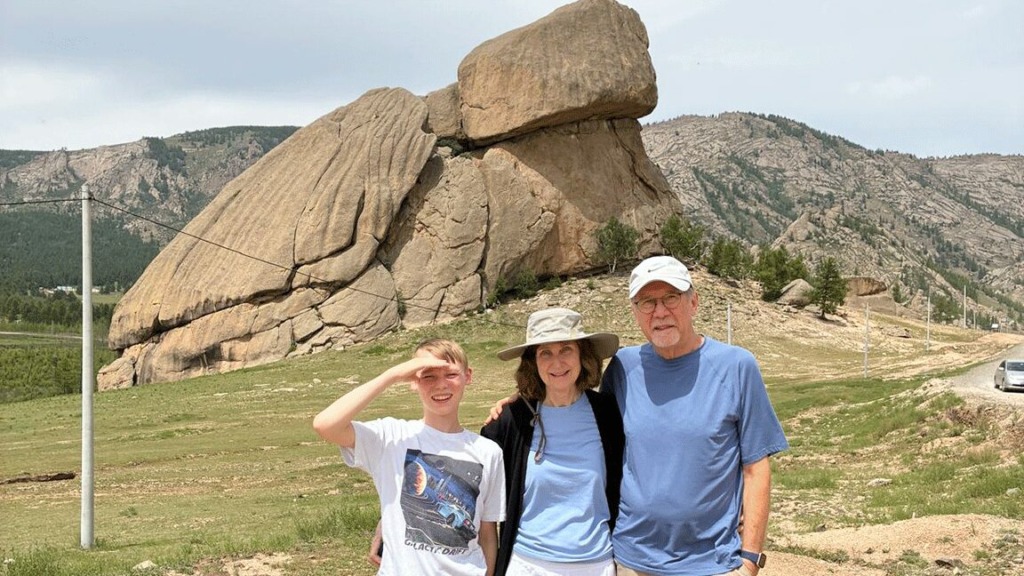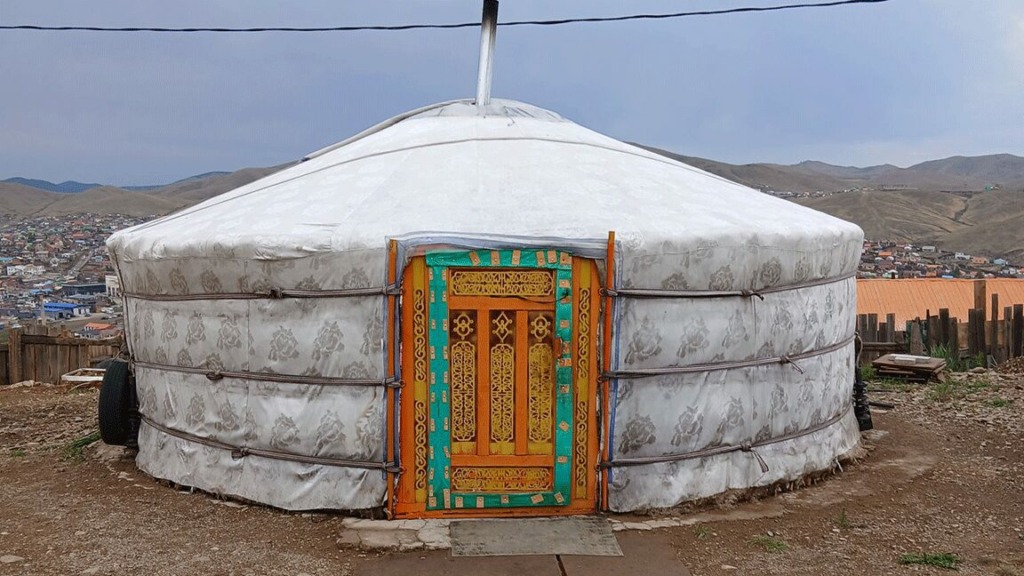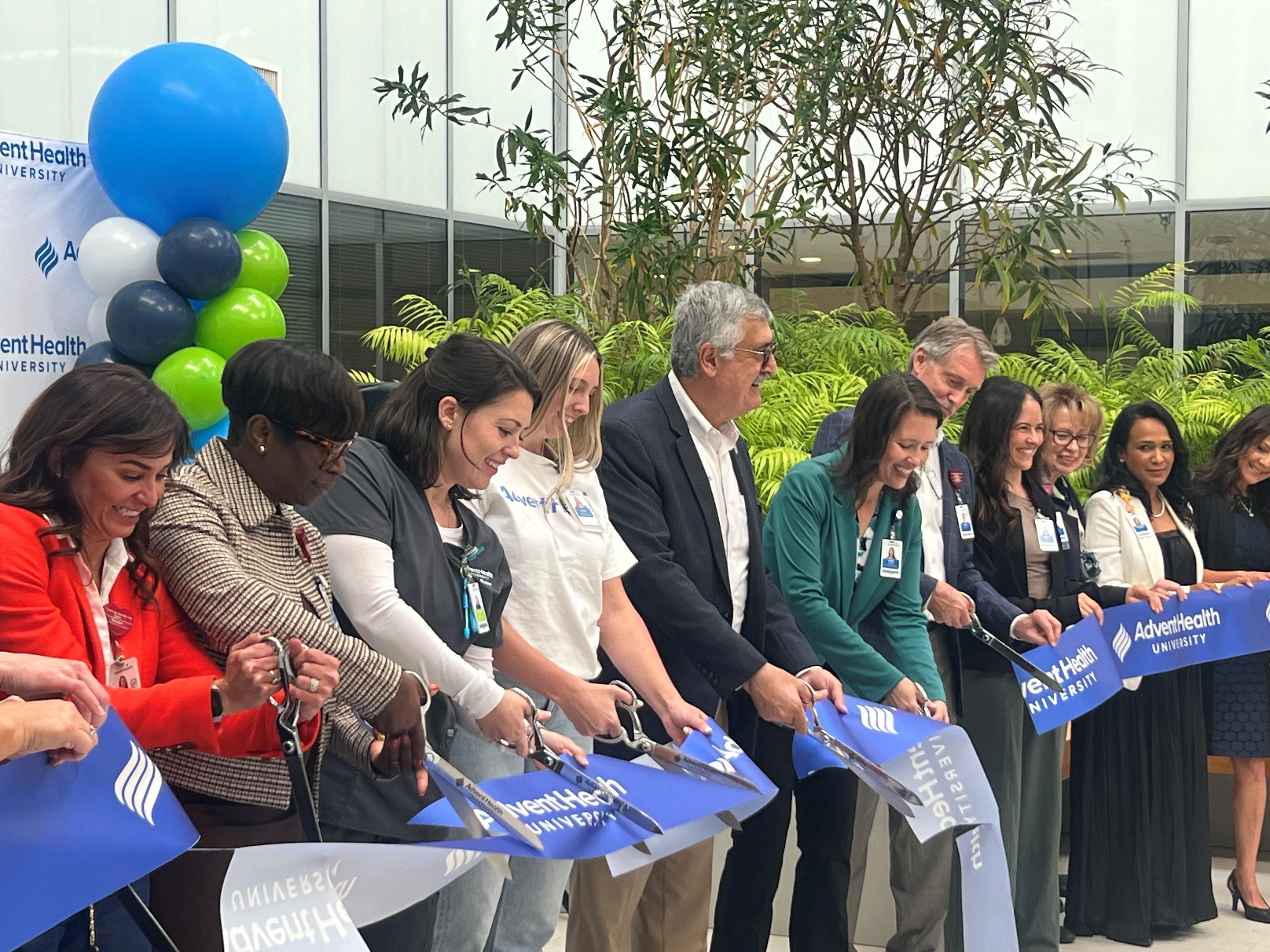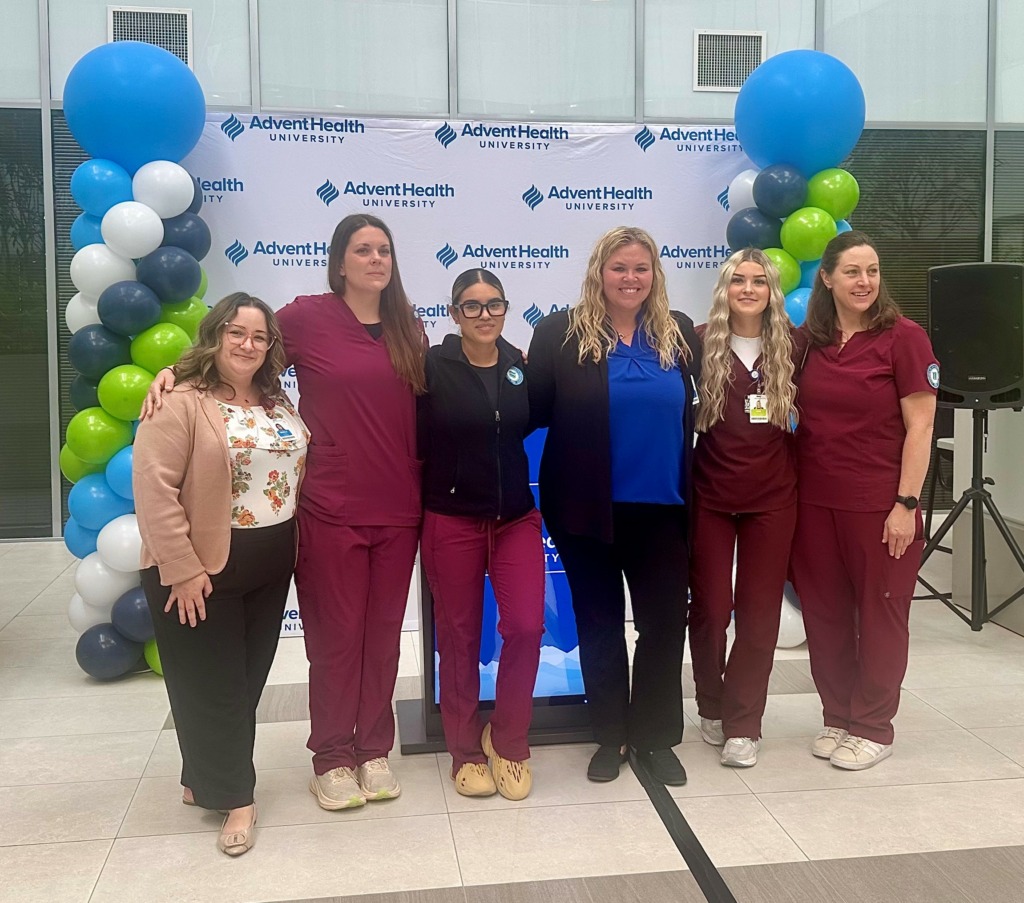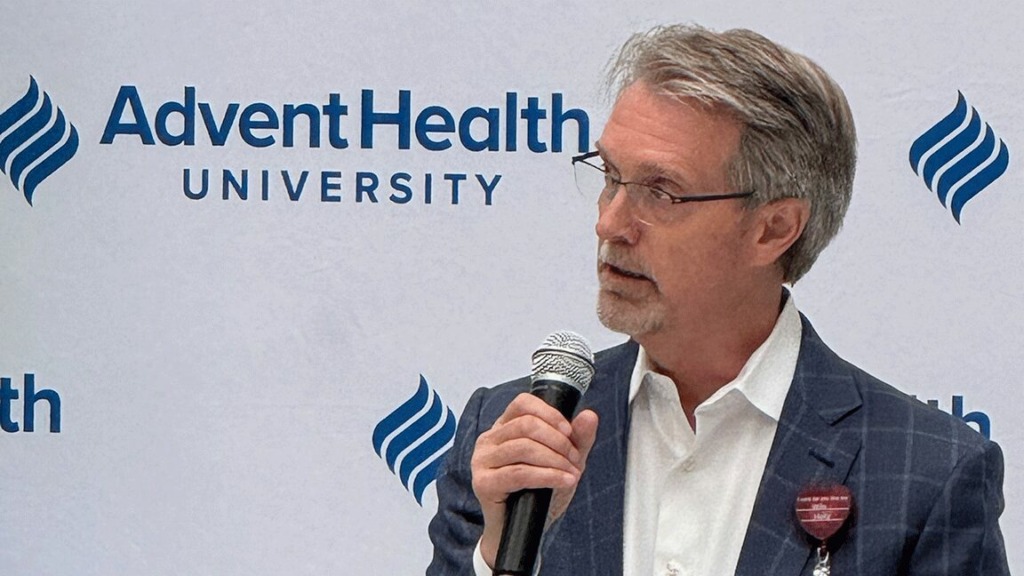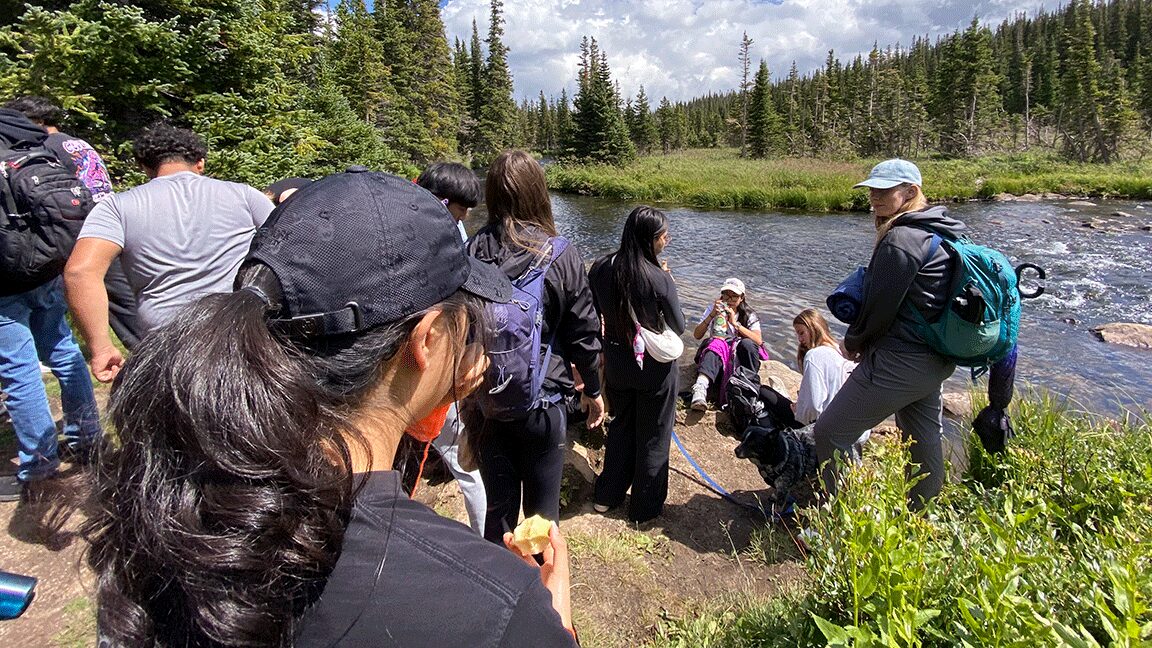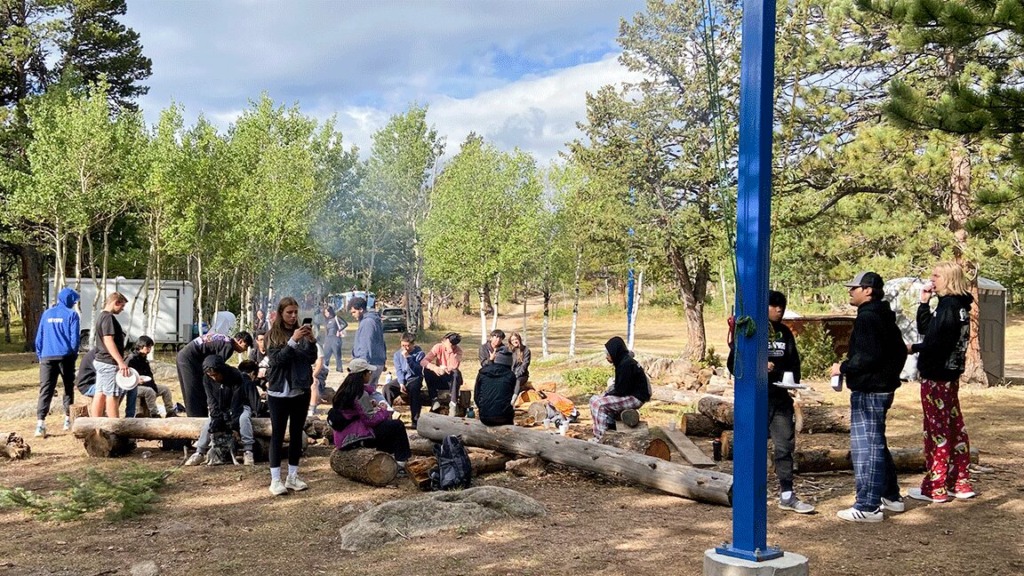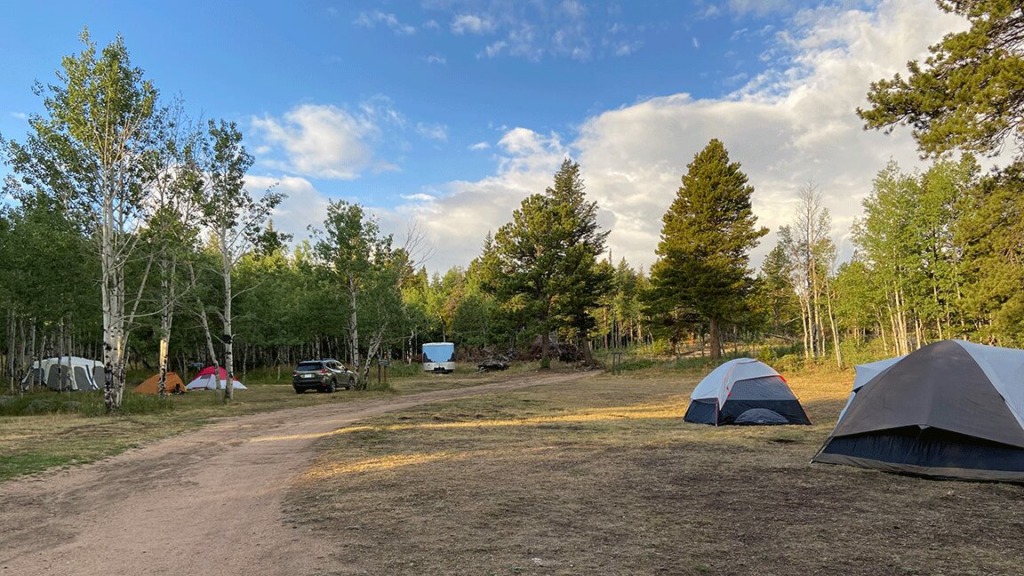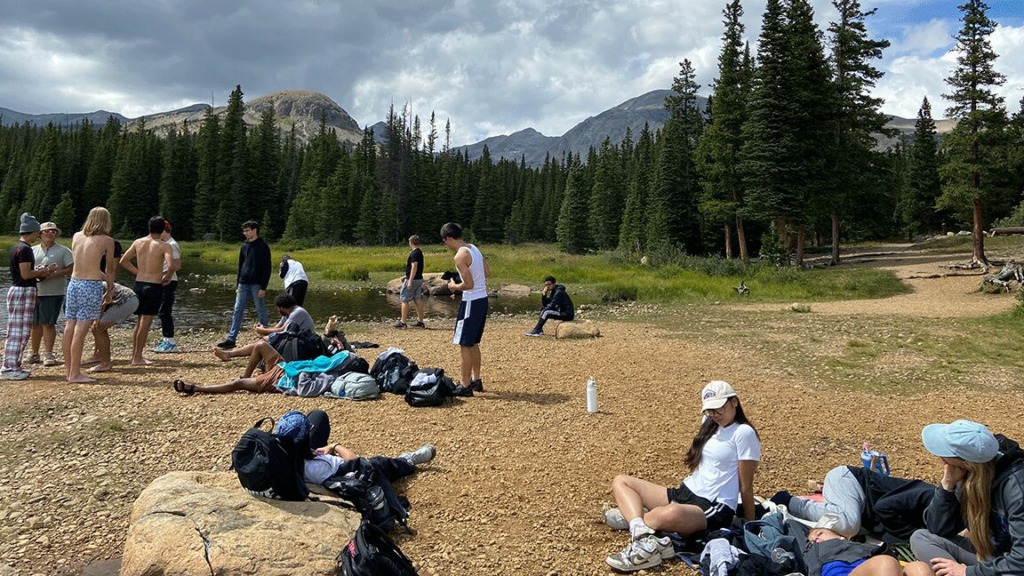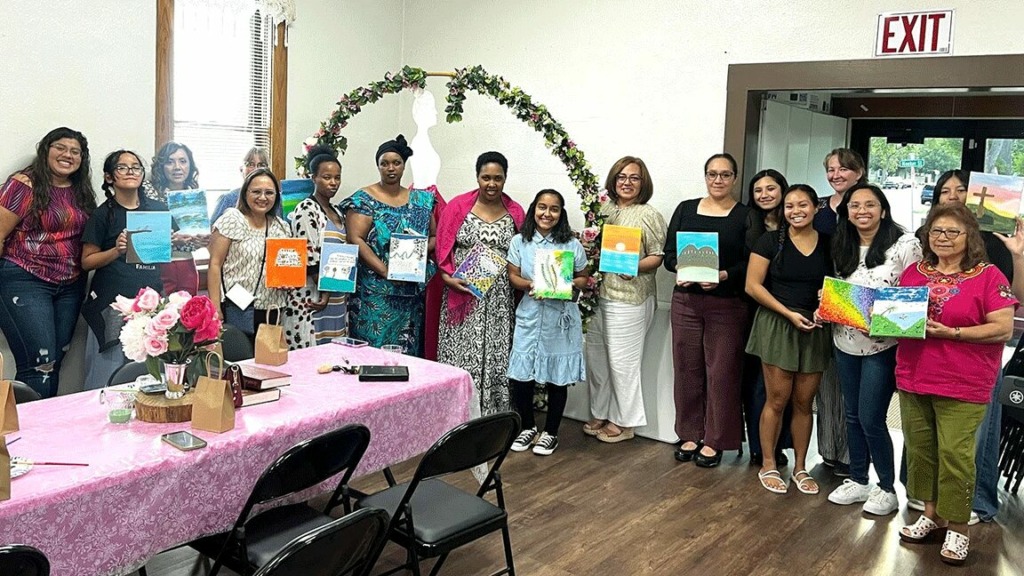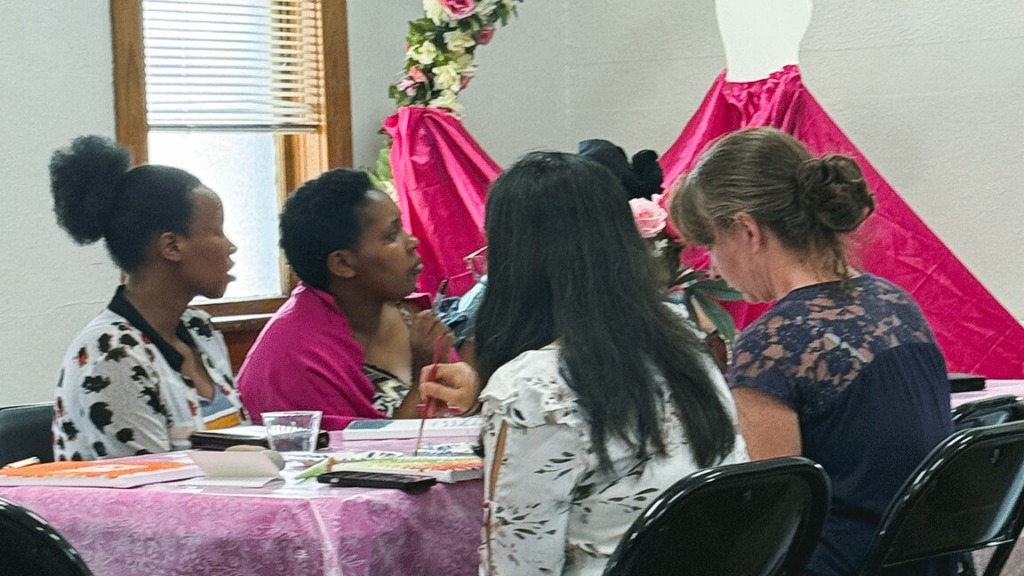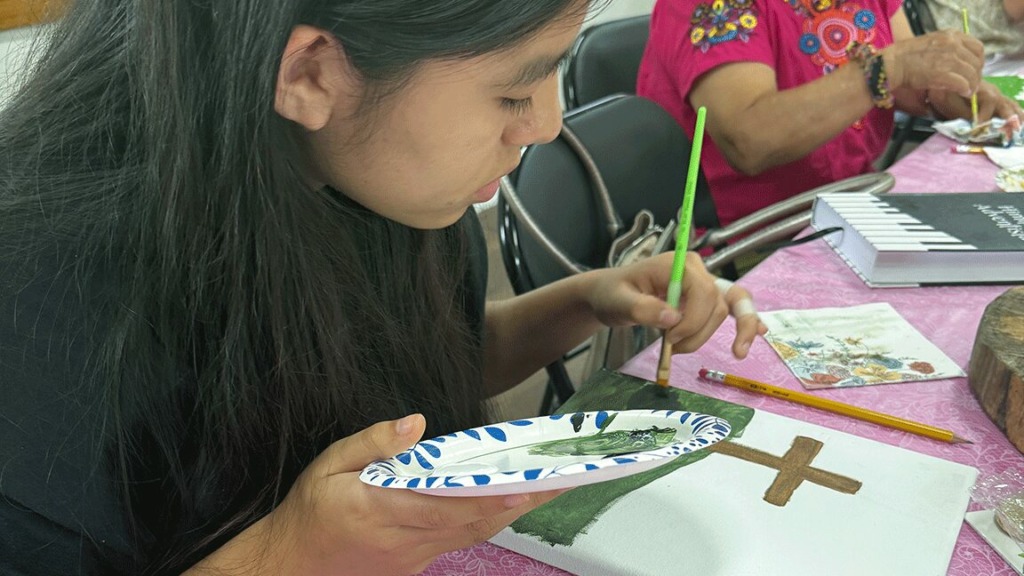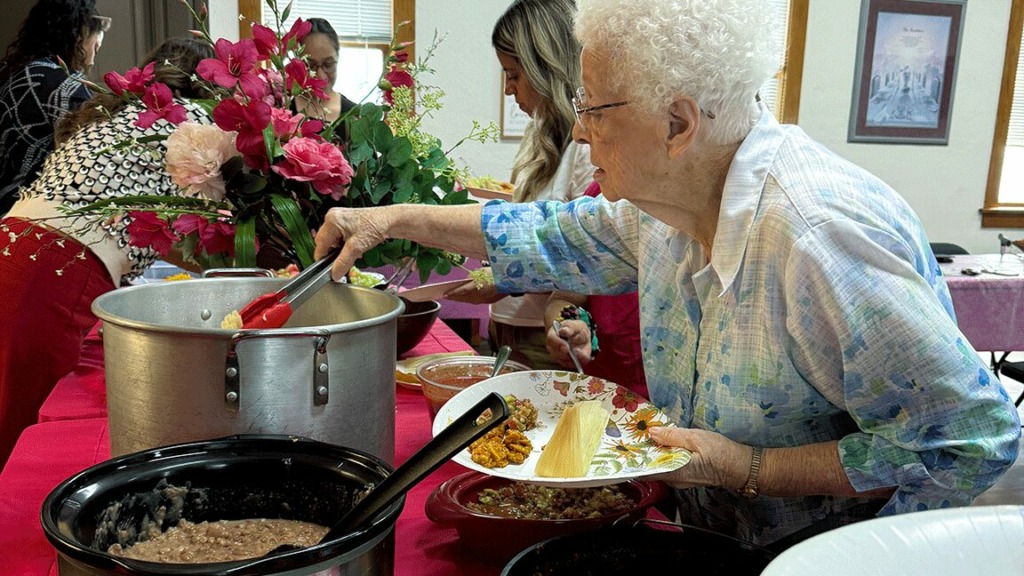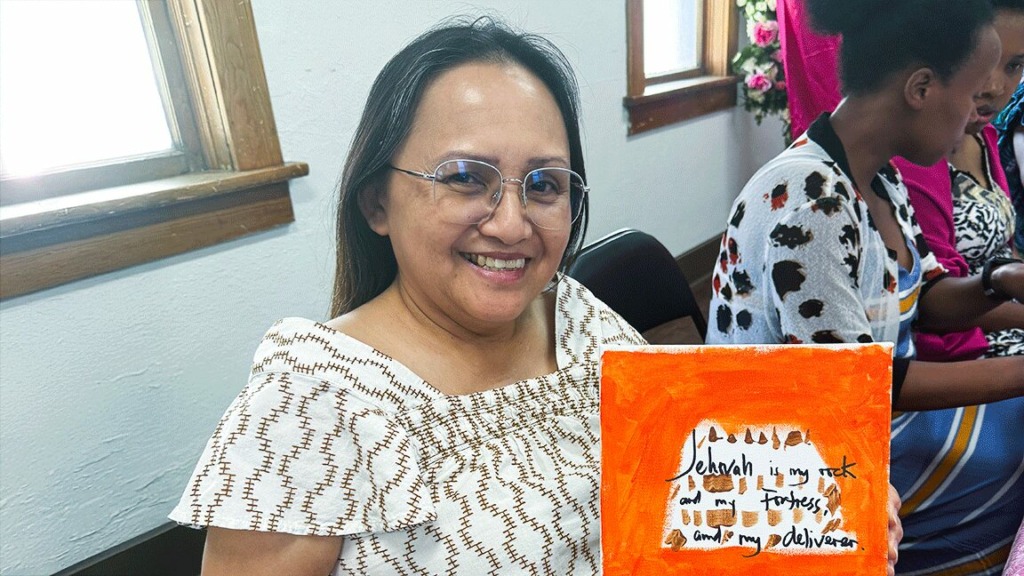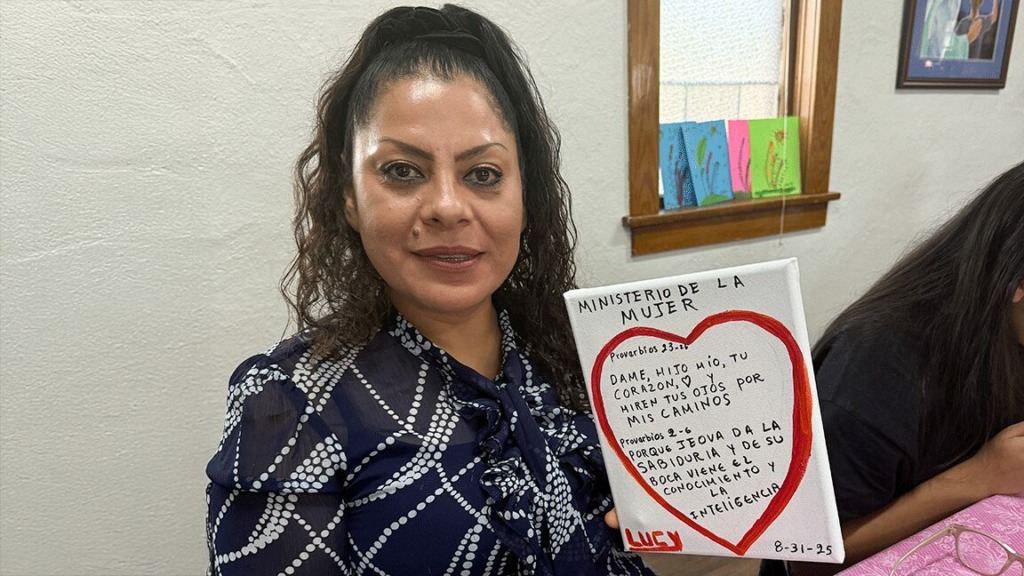Mona Fellers – Montrose, Colorado … The Western Slope Women’s Retreat, held September 12-14, was an amazing experience as almost 80 women gathered to bask in studies under the retreat theme “Grace is a Gift from God.” The setting was the beautiful Mountaintop Retreat above Montrose, Colorado.
There were beautifully decorated boxes throughout the retreat. To “fill” them, the participants were asked to put a note on the outside of the boxes stating what grace meant to them. In total, 81 notes of God’s grace covered the boxes.
Eilene Field and Thelma Hufman, deaconesses of the Montrose Seventh-day Adventist Church, led out the program on Friday afternoon with an informative and delicious cooking demonstration providing samples for almost 40 women.
The featured speaker was Jeannie Ryan, a nurse practitioner and missionary. Her relatable messages on grace, intermingled with heartfelt stories, were valuable to all those attending.
Alisha Knutsen, member of the Golden Seventh-day Adventist Church, spoke on how the gift of God’s grace makes us perfect through the righteousness of Christ. Linda Johnson, member of the Gand Junction Seventh-day Adventist Church, remarked, “As a storm broke around the mountain retreat, Alisha spoke from her heart about God’s sustaining grace, love, and power. Her message encouraged us to be able to walk through the storms of life and be victorious in Jesus.”
Mona Fellers, Sabbath School secretary for the Torrington Seventh-day Adventist Church in Wyoming, spoke on the grace displayed at Simon’s feast and the alabaster box.
Music swelled on the mountain with the praise team leading with songs celebrating the theme of God’s grace. Women from LaVida Mission* also sang praise songs in English, Navaho, and Spanish, and the girls from Castle Valley Academy in Grand County, Utah, sung acapella in beautiful harmony.
A powerful concert was held Saturday afternoon with familiar Gospel songs and the song, “Edelweiss” by Kenny and Jenifer Easton and Kenny’s mother, Dr. Kresten Mauk. Saturday night was full of talk and laughter, a beautiful sign craft, and chair messages.
Food was prepared ahead by the Western Slope Women’s Retreat team headed up by Judy Kelly, Montrose Church’s Women’s Ministry leader, and Jerilyn Pester, also from the Montrose Church. Several men were kind enough to volunteer to prepare and serve the food and clean up after each meal so the participants could enjoy the retreat.
The attendees also participated in a service project to help LaVida Mission by donating three vacuum cleaners and a variety of cleaning supplies.
Tracy Archuleta, a participant from Salt Lake City, Utah, commented, “I am so thankful to attend the Mountain Top Retreat at Montrose. I have attended twice and am always blessed! I have since invited two other women and one of them invited another woman. They were very blessed as well, and one of them found connections from the past which was another blessing for her.”
She continued, “Judy Kelly is always so helpful in getting registered, and Linda Johnson always makes me feel loved and seen—two very kind ladies. It’s such a joy to come and see them each year and get to know more women of God, which always fills my cup.”
“I enjoyed the cooking demonstrations as well, which were very healthy and delicious. We were given the recipes for them, and I will be making them soon. I also loved the special music and speakers. They were great messages and heavenly voices. Montrose is a special place for me as my parents are from the area and it’s not too far to drive from Salt Lake City,” Archuleta concluded.
The event organizers hope to see everyone next year in the second week in September to take part in a blessed, refreshing experience with God.
* La Vida Mission is a supporting ministry of the Seventh-day Adventist Church but is not affiliated with the Rocky Mountain Conference of Seventh-day Adventists.
—Mona Fellers is the Sabbath School secretary for the Torrington Seventh-day Adventist Church. Photos by Eileen Field, Jerilyn Pester, and Mary Miles.
